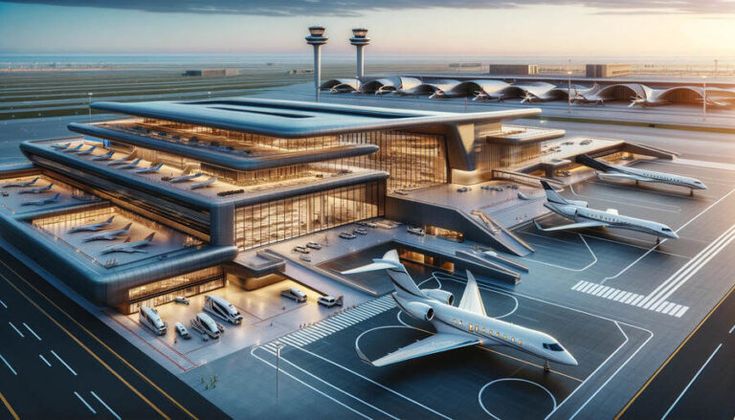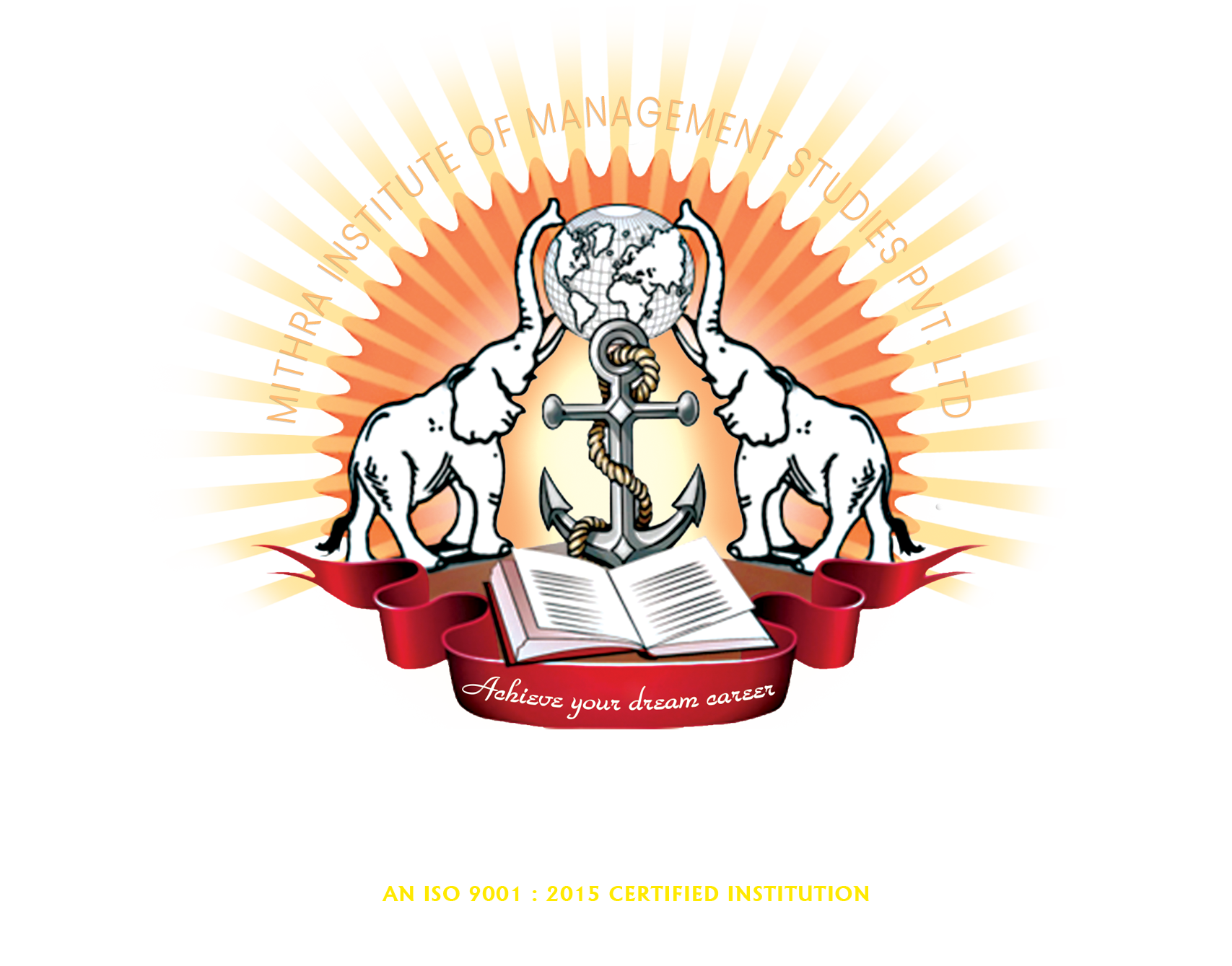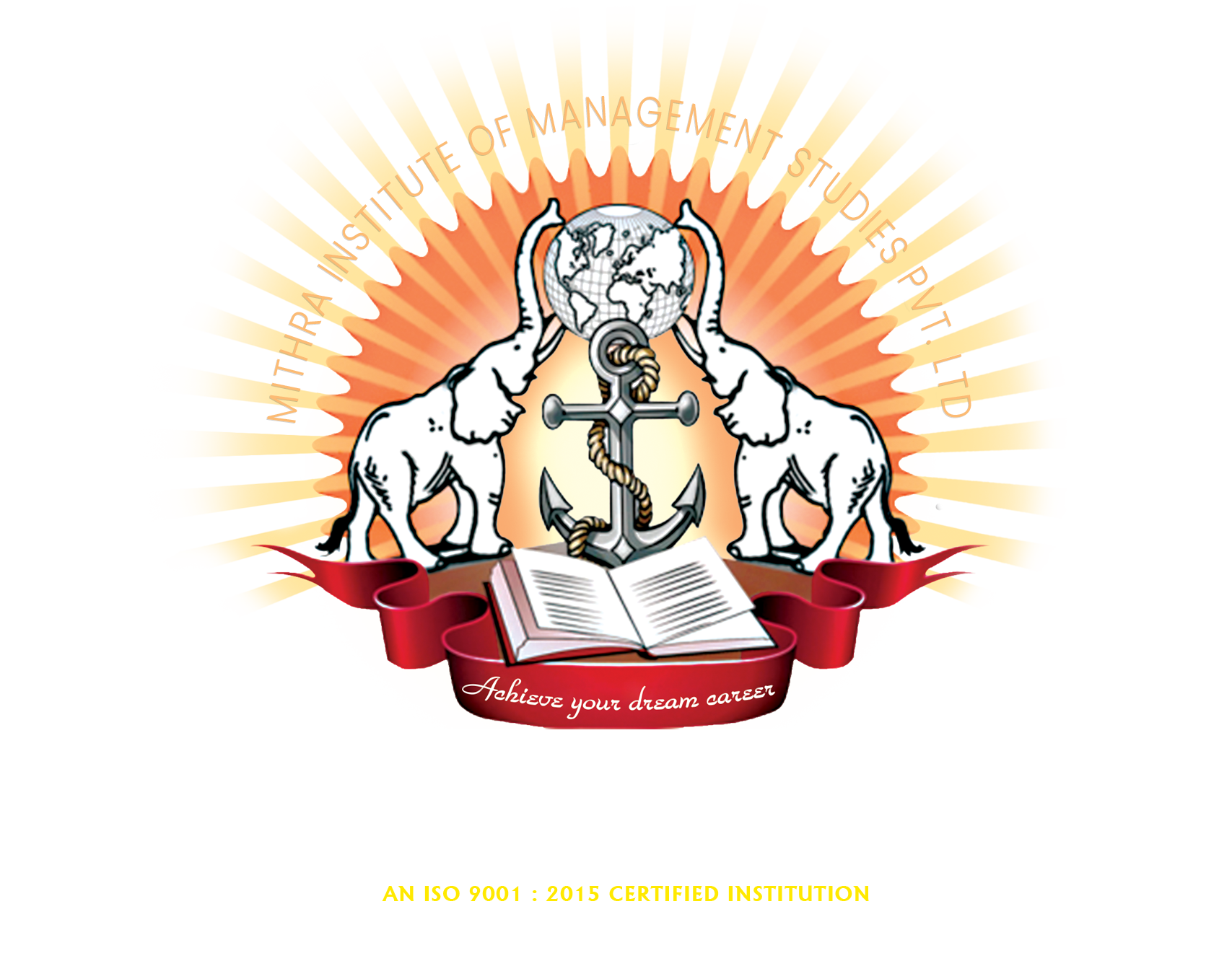How to Choose the Best Aviation Institute for Your Dream Career

Choosing the correct aviation institute is an important step toward establishing a successful career in the aviation business. Whether you want to be a pilot, an air traffic controller, an aviation management, or a maintenance engineer, the quality of your education and training will have a big impact on your future profession. Here’s a complete guide to determining the finest aviation institute for your desired career.
1. Define Your Career Goals
Before you begin exploring aviation institutions, you should have a clear grasp of your career objectives. Are you interested in becoming a commercial pilot, cabin crew member, or aviation technician? Various institutes specialize in different areas of aviation. Understanding your career goals will allow you to narrow down your alternatives and focus on institutes that match your objectives.
2. Accreditation and Certifications
Make sure the institute you chose is accredited by recognized aviation authorities. For example:
- In the United States, search for Federal Aviation Administration (FAA) certification.
- In Europe, EASA (European Union Aviation Safety Agency) permission is required.
- In other regions, look for local aviation authority endorsements.
Accreditation assures that the institute fulfills industry requirements and that your certifications are recognized globally.
3. Curriculum and Training Programs
Examine the curriculum and training programs provided by the institute. Best aviation institute should offer a combination of theoretical and practical instruction. For instance,
- Flight institutes require access to contemporary aircraft and simulators.
- Maintenance training should involve hands-on experience with actual aircraft components.
- Management training should cover both the technical and business elements of flying.
Ensure that the programs are up to date and meet current industry standards.
4. Facilities and Equipment
Effective training requires cutting-edge facilities and equipment. Visit the campus (if possible) to evaluate:
- The standard of classrooms and training laboratories.
- The availability of flying simulators and maintenance workshops.
- Access to contemporary aircraft for pilot training.
Institutes with excellent infrastructure might give you a competitive advantage in your training.
5. Experienced Faculty
The quality of the instructors has a big impact on your learning experience. Research the faculty’s qualifications and industrial experience. Instructors with real-world aviation expertise can provide useful insights and practical knowledge that extend beyond textbooks.
6. Industry Partnerships and Placement Opportunities
Institutes with significant industry connections frequently offer superior job placement options. Determine whether the institute partners with airlines, airports, or aviation industries. Internship programs, university recruitment drives, and alumni networks can help you get a career after graduation.
7. Cost and Financial Aid
Aviation training can be costly, so consider learning, equipment, and additional costs. Look into financial aid possibilities such as scholarships, grants, and student loans. Some institutes also provide flexible payment arrangements to alleviate financial stress.
8. Reputation and Alumni Success
An institute’s reputation frequently reflects the level of education and training it offers. Look for reviews, testimonials, and alumni success stories. A school with a history of generating successful aviation professionals is probably a smart pick.
9. Location and Accessibility
The location of the institute can influence your overall experience. Consider:
- Proximity to airports or aviation centers.
- Climate conditions are critical for pilot training.
- Cost of living in the area.
A well-located institute may offer greater opportunity for practical experience and networking.
10. Flexibility and Additional Services
Some institutes have flexible training times, which can be useful if you have other responsibilities. Consider services such as career counseling, visa aid (for overseas students), and lodging.
Conclusion
Choosing the top aviation institute is an important step towards obtaining your dream profession in aviation. You may make an informed decision that corresponds with your goals by taking into account criteria like accreditation, programs available, training facilities, and industry connections. Whether you’re interested in flying, engineering, or aviation management, the proper institute will help you succeed. And if you’re looking for multidisciplinary prospects, don’t pass up the best logistics institute for additional talents that will help you in your aviation profession.

